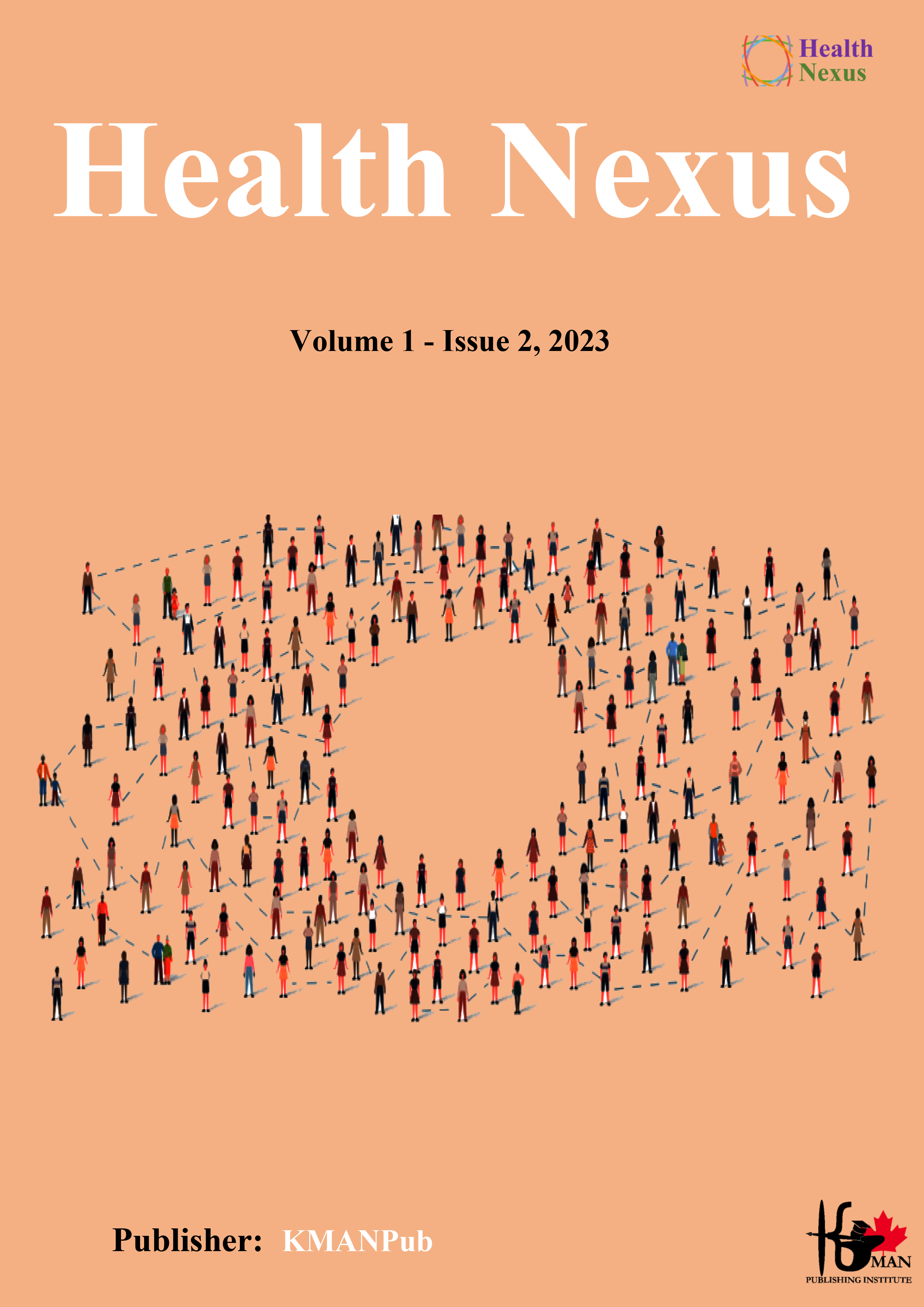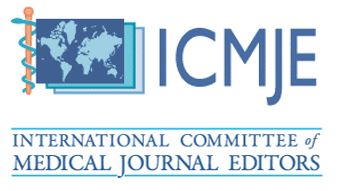The Effect of Need for Knowledge, Learning Self-Efficacy, and Collective Learning on Teachers' Satisfaction with Learning
Abstract
The aim of this study was to investigate the effect of need for knowledge, learning self-efficacy, and collective learning on physical education teachers' satisfaction with learning. The study was conducted using a survey research design. The entire population of physical education teachers in the primary and secondary schools of Golestan totaled 575 individuals. Based on Cochran's formula, the sample size was estimated to be 231 physical education teachers, selected through stratified random sampling. The data collection instruments included four questionnaires: Need for Knowledge (Kazan, 2016), Learning Self-Efficacy (Artino, 2012), Collective Learning (Glassman, 2014), and Satisfaction with Learning (Lin et al., 2018). The validity and reliability of the questionnaires were confirmed. The collected data were analyzed using SPSS and SMART PLS statistical software, both descriptively and inferentially. The research findings indicated that need for knowledge does not have a significant effect on physical education teachers' satisfaction with learning. Similarly, the results showed that learning self-efficacy does not have a significant effect on physical education teachers' satisfaction with learning. Finally, the results of the research revealed that collective learning has a positive and significant effect on physical education teachers' satisfaction with learning. Considering these results, it is recommended to highlight the importance of knowledge for physical education teachers and to increase their self-efficacy in learning.
Downloads
References
1. Parsakia K. The Effect of Chatbots and AI on The Self-Efficacy, Self-Esteem, Problem-Solving and Critical Thinking of Students. Health Nexus. 2023;1(1):71-6. [DOI]
2. Koukis N, Jimoyiannis A. MOOCS for teacher professional development: exploring teachers’ perceptions and achievements. Interactive Technology and Smart Education. 2019;16(1):74-91. [DOI]
3. Macfarlane GM. Teachers’ engagement in professional development: a study of the influences that affect groups of national and international English language teachers: University of Glasgow; 2020.
4. Sharma P, Pandher JS. Teachers’ professional development through teachers’ professional activities. Journal of Workplace Learning. 2018;30(8):613-25. [DOI]
5. Anastopoulou S, Sharples M, Ainsworth S, Crook C, O'Malley C, Wright M. Creating personal meaning through technology-supported science inquiry learning across formal and informal settings. International Journal of Science Education. 2012;34(2):251-73. [DOI]
6. Mor Y, Mogilevsky O. The learning design studio: collaborative design inquiry as teachers’ professional development. Research in Learning Technology. 2013;21. [DOI]
7. Buczynski S, Hansen CB. Impact of professional development on teacher practice: Uncovering connections. Teaching and teacher education. 2010;26(3):599-607. [DOI]
8. Patfield S, Gore J, Harris J. Shifting the focus of research on effective professional development: Insights from a case study of implementation. Journal of Educational change. 2023;24(2):345-63. [DOI]
9. Kalman M, Kalender B, Cesur B. Teacher Learning and Professional Development during the COVID-19 Pandemic: A Descriptive Study. Educational Research: Theory and Practice. 2022;33(2):1-22. [DOI]
10. Huang S, Yin H, Lv L. Job characteristics and teacher well-being: the mediation of teacher self-monitoring and teacher self-efficacy. Educational psychology. 2019;39(3):313-31. [DOI]
11. Cheng F-F, Wu C-S, Su P-C. The impact of collaborative learning and personality on satisfaction in innovative teaching context. Frontiers in Psychology. 2021;12:713497. [PMID: 34659026] [PMCID: PMC8511304] [DOI]
12. Lee J, Choi M, Lee H. Factors affecting smart learning adoption in workplaces: comparing large enterprises and SMEs. Information Technology and Management. 2015;16:291-302. [DOI]
13. Jiang F, Wang L, Li J-X, Liu J. How Smart Technology Affects the Well-Being and Supportive Learning Performance of Logistics Employees? Frontiers in psychology. 2022;12:768440. [PMID: 35126235] [PMCID: PMC8810824] [DOI]
14. EL Hajjar ST, Alkhanaizi MS. Exploring the factors that affect employee training effectiveness: A case study in Bahrain. Sage Open. 2018;8(2):2158244018783033. [DOI]
15. Chen I-S. Computer self-efficacy, learning performance, and the mediating role of learning engagement. Computers in Human Behavior. 2017;72:362-70. [DOI]
16. Assen J, Otting H. Teachers’ collective learning: To what extent do facilitators stimulate the use of social context, theory, and practice as sources for learning? Teaching and Teacher Education. 2022;114:103702. [DOI]
Downloads
Additional Files
Published
Submitted
Revised
Accepted
License
Copyright (c) 2023 Ali Chorli (Corresponding Author); Seyed Mohsen Hoseini (Author)

This work is licensed under a Creative Commons Attribution-NonCommercial 4.0 International License.


























